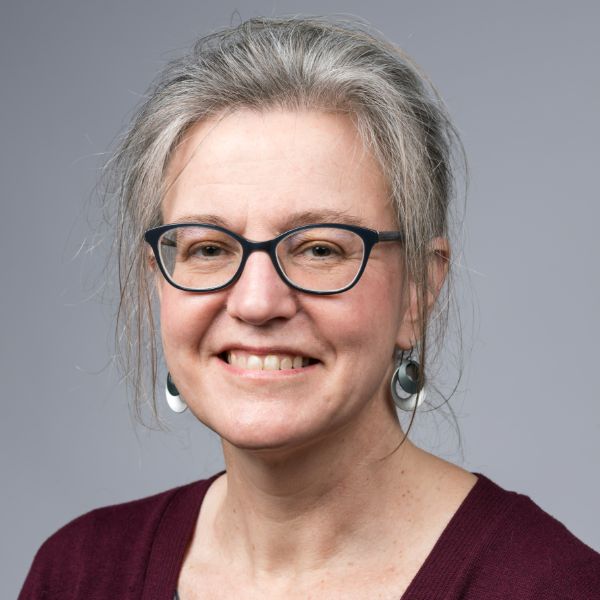The new group hopes to announce recommendations to improve student well-being by the end of the 2021–22 academic year.
A newly formed University Coalition on Student Mental Health and Wellness will begin meeting to assess the current state of student mental health at Rochester and to make recommendations for ways the University community can work to improve student well-being.
The decision to form the coalition was made jointly by President Sarah Mangelsdorf and Melissa Sturge-Apple, vice provost and University dean of graduate education. In an email to coalition members, Mangelsdorf wrote that she and Sturge-Apple had been “inspired by the conversations we have had with many students.
“As president, I have listened to many students and others who have shared their experiences, voiced concerns, and offered suggestions on improving the emotional well-being and mental health of our students at the University.”
The coalition begins with 11 members, forming a steering committee chaired by Susan McDaniel, a family psychologist and the Dr. Laurie Sands Distinguished Professor of Families and Health in the Departments of Psychiatry and Family Medicine. Steering committee members, including representatives from University Counseling Center (UCC), University Health Service (UHS), several academic units, as well as two students, anticipate forming working groups composed of additional members of the University community as well as colleagues at other universities engaged in similar projects.
Coalition steering committee member Tysherra Ohikhuare ’23 says she hopes the coalition’s work will show that the University community “shouldn’t just rely on groups like UCC and UHS to have responsibility for student mental health and wellness, but have it be a University-wide responsibility, in all its domains.”
Alexandra Goldstein ’22S (MBA), representing graduate students, says graduate students are often not aware of the services that are already available to them. Yet, they may be facing stress from several areas of their lives at once. “Some graduate students are also working full time; some have families,” she says.
The group hopes to announce recommendations to the University community by the end of the 2021–22 academic year. The members are Brigid Cahill, director, University Counseling Center; Annabel Fu, assistant professor of clinical psychiatry, Department of Psychiatry; Alexandra Goldstein, graduate student, Simon Business School; Anika Johnson, director, Equity and Inclusion, Warner School of Education; Kaitlin Legg, associate director, CARE Network, Office of the Dean of Students; Susan McDaniel (chair), professor, Department of Psychiatry; Amy McDonald, associate director of health promotion, University Health Service; Tysherra Ohikhuare, undergraduate student, Arts, Sciences & Engineering; Col Raimond, LGBTQ coordinator, Paul J. Burgett Intercultural Center; Jeff Runner, dean of the college in Arts, Sciences & Engineering; Melissa Sturge-Apple, University dean of graduate education.
This story was updated on January 3, 2022, to reflect the revised deadline for the committee’s recommendations. The original deadline was the end of the calendar year; it is now the end of the 2021–22 academic year.



